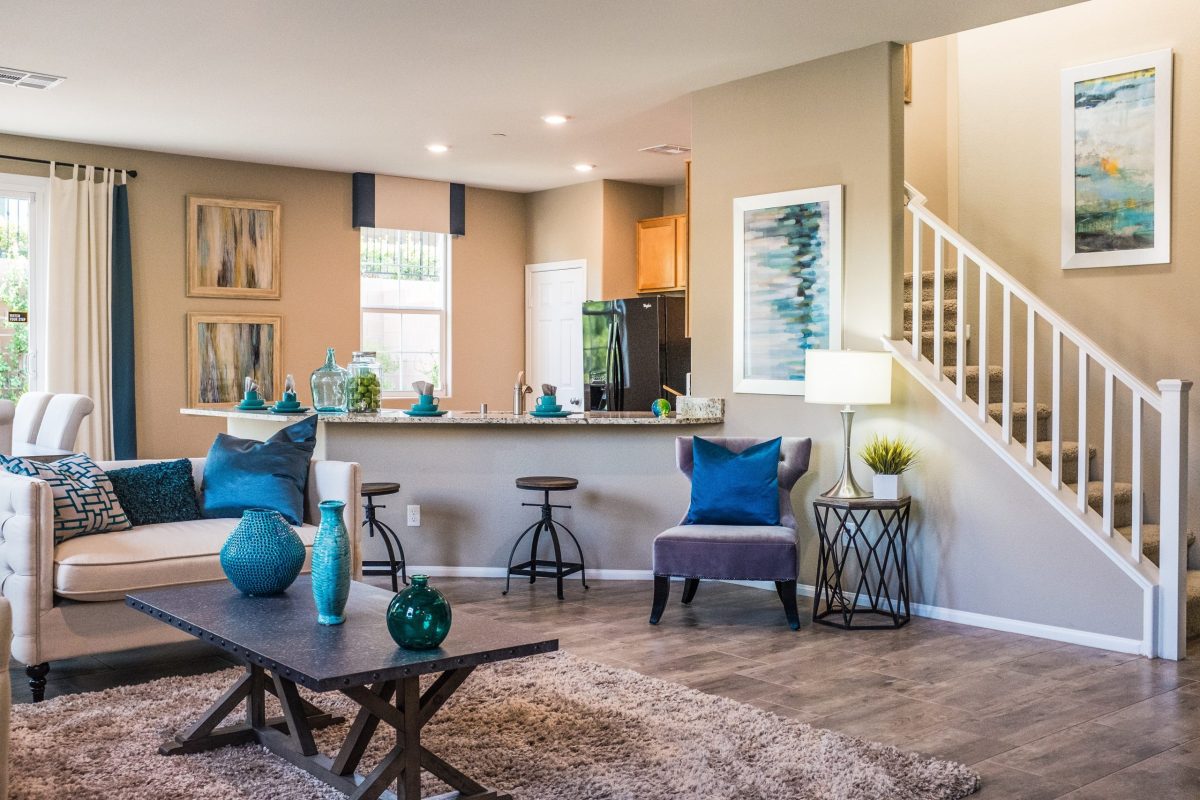Before you buy, what seems like your dream home, consider getting a home inspection to ensure you know about all the potential problems.
By having a professional inspector examine the property, you will be able to uncover any safety concerns, structural issues, or repairs that may not be immediately visible.
In South Africa, home inspections are not mandatory, but they are highly recommended. A home inspection can be especially important if you are purchasing a property that is older or has had significant renovations. It can also be helpful if you are concerned about potential issues like water damage, termites, or mold.
When choosing a home inspector in South Africa, it’s important to look for someone who is licensed and qualified to perform inspections. You may also want to ask for references from previous clients and check online reviews.
During a home inspection, the inspector will typically examine the following areas:
- Roof
- Foundation
- Plumbing and electrical systems
- Heating and cooling systems
- Walls, ceilings, and floors
- Windows and doors
After the inspection, the inspector will provide you with a detailed report outlining any issues they found, along with recommendations for repairs or further evaluation. This information can be extremely valuable in negotiating the purchase price or deciding whether to proceed with the purchase at all.
Should I get a home inspection done before listing my property for sale?
While getting a home inspection done before you list your property is not mandatory it might still be beneficial. By doing a pre-listing home inspection, you can identify any issues with your property that may come up during a buyer’s inspection.
This gives you the opportunity to make repairs or address issues before putting your home on the market, potentially saving you time and money in the long run.
A pre-listing inspection can also be helpful in setting a realistic asking price for your property. If there are issues that need to be addressed, such as a leaky roof or outdated electrical system, it may affect the value of your home. By knowing about these issues ahead of time, you can adjust your asking price accordingly and avoid any surprises during negotiations.
Another benefit of a pre-listing inspection is that it can give potential buyers peace of mind. When you have a recent inspection report available, you can show buyers that you have nothing to hide and that you’re committed to being transparent about the condition of your property.
Who can perform home inspections?
Home inspections in South Africa are typically performed by qualified and licensed professionals known as Home Inspectors.
Home inspectors require intensive training in order to responsibly do their work. They are required to have a working knowledge of every component in a South African home. To meet this need the curriculum for a new building (home) inspector qualification has been developed by the municipalities, private home inspectors, the banks, the NHBRC and others.
The National Association of Building Inspectors or South Africa (www.nabisa.org.za) represents the interests of all qualified building and home inspectors in South Africa and enforces a Code of Conduct on its members.
When choosing a home inspector in South Africa, it’s important to look for someone who is experienced, knowledgeable, and has a good reputation. You may also want to ask for references from previous clients and check online reviews.
Original Article: https://www.myproperty.co.za/news/market-and-opinion/the-importance-of-home-inspections-24-04-23













